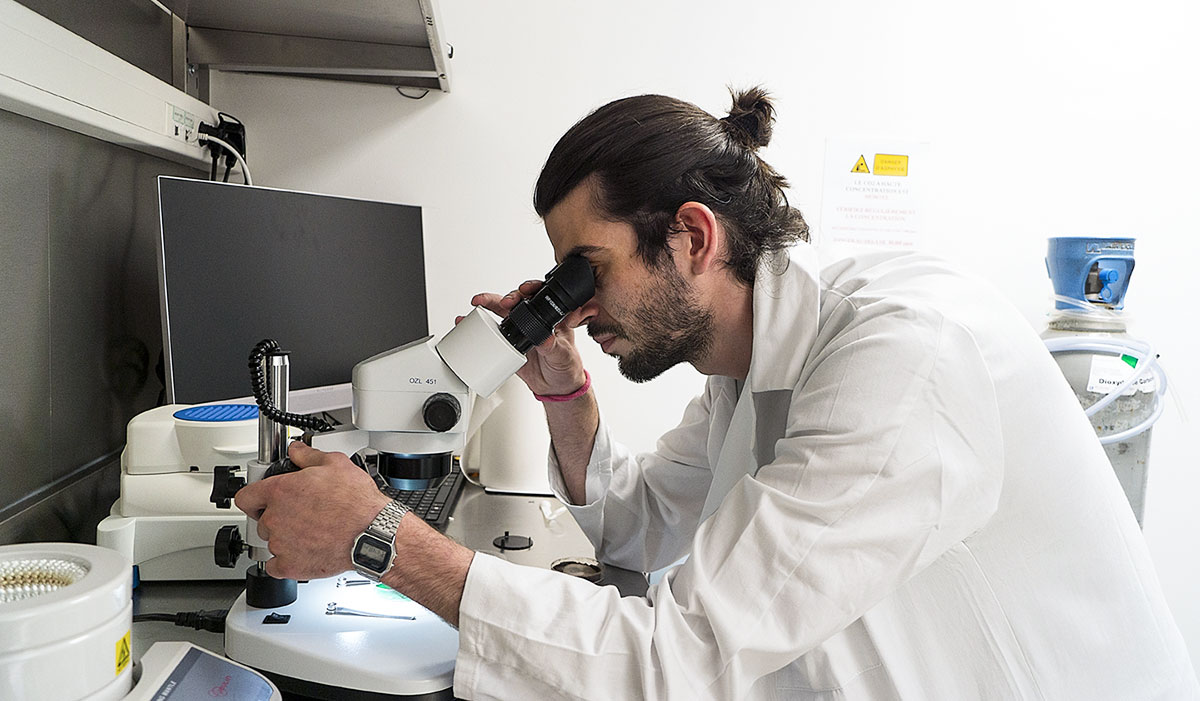Traditional standards for ethics in bioengineering still have a long way to go capture the significant ethical aspects of this sector. To encourage the appropriate methods of work, a new type of bioengineering ethics should be created through a creative fusion of engineering ethics and bioethics.
By practicing the principles of bioethics in all concerned fields, we are making sure that no lines are blurred, and that the general public is the primary beneficiary.
Let’s Talk about Bioethics
Bioethics or healthcare ethics addresses moral questions in the fields of medicine, science, biotechnology, and healthcare. Ever since these fields of study gained momentum, ethical rules and their implementation have been around. Nowadays, both medical discoveries and challenges face potential ethical concerns. Therefore, it becomes clear that bioethics plays a crucial role, especially with healthcare practitioners as well as health engineers who can better understand and discuss medical practice thanks to bioethics. Medical practitioners and engineers are capable of adhering to ethical rules when practicing, especially when dealing with challenges since the ethical parts of bioethics are stressed.
Because moral dilemmas are related to problems with medical care, using bioethics can significantly improve our nation’s healthcare system.
Why Should We All Be Concerned With Bioethics?
Bioethics should be used by all concerned professionals as a guide for clinical and technical decision-making and the development of medical technology, but it has also played a significant part in recent regulatory and legislative reforms especially since bioethics combines scientific and humanistic elements. The rights and duties of patients as individuals are influenced by bioethics, as well as the code of ethics for bioengineers. Its importance is replicated in different fields, such as healthcare, research, and community life.
To be more specific, biomedical engineering combines knowledge and duties in engineering, science, technology, and medicine. The standards of ethical conduct inherent in their code of ethics must be upheld in any professional activity, research, patient care, and training because public health and welfare are crucial factors in each of these fields.
What Are The Four Key Principles in Bioethics?
Whether ethical decisions might be little or significant, professionals need to establish moral action guidelines in the face of diversity when there is uncertainty or disagreement regarding what should be done. The fact that there are numerous variables in the context of clinical cases and biotech projects and that there are a number of ethical principles in healthcare that seem to be applicable in many circumstances means that these principles are not absolutes, but rather serve as effective action guides in clinical medicine.
The Four Key Principles
1. Autonomy
2. Beneficence
3. Non-maleficence
4. Justice
The 4 Ethical Rules
1. Veracity
2. Privacy
3. Confidentiality
4. Fidelity
Were Does the Health Engineering & Biotechnology Masters at ESiLV Fit in?
Biotech and health engineers graduating in this major will receive a mix of life and human sciences, technology, and biotechnologies with artificial intelligence. By choosing this major, future engineers are placed at the nexus of human, technological, and medical professions. They are also at the center of the digital revolution of the medical industry and of biotechnologies.
Keeping in view the significance of bioethics in different majors and sectors, it’s important to not only know about it but to implement and practice it.







